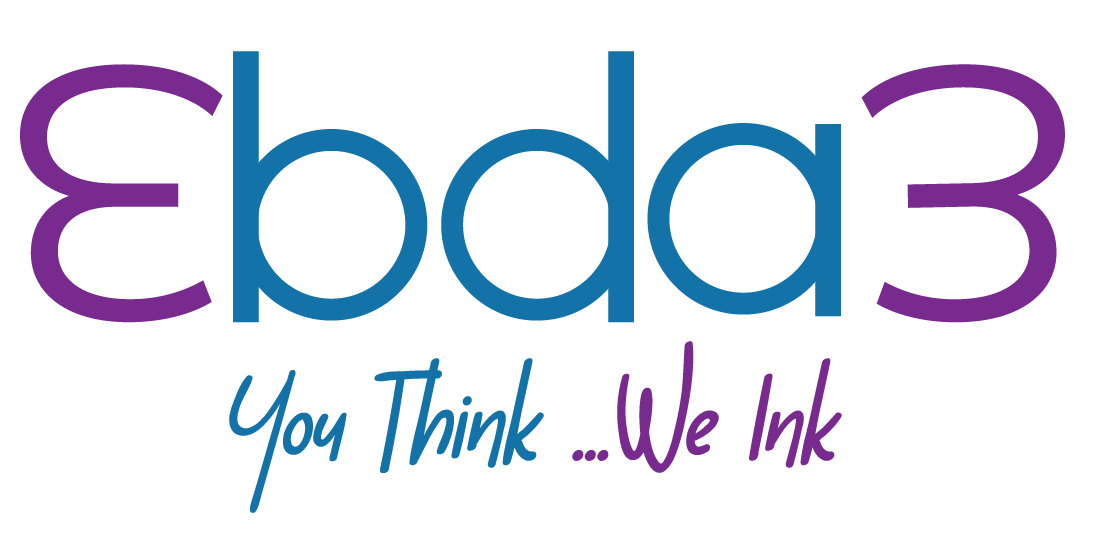E-books vs. Whitepapers: Which One Should You Choose?

Many brands consider publishing eBooks and whitepapers to engage and educate their target audiences.
When it comes to advancing your content marketing strategy, you’ll find that whitepapers and eBooks are usually the “next level up” from blog posts.
eBooks and whitepapers share some similarities, with the obvious one being that they’re usually much longer than your average blog post. But despite that, it can be a little tricky knowing which format to choose when it comes to publishing a long-form piece of content
So, What’s the Difference between Whitepapers and eBooks?
An ebook is short for “electronic book.” They’re made for online use, notated by embedded links and videos. Ebooks are responsive and are usually guides for large topics. For instance, some popular ebook topics revolve around SEO, inbound marketing, and ecommerce.
Ebooks are great for increasing conversions and credibility. Think about a customer looking for a complete guide about how to hire top talent.
whitepapers are reports that break down a complex topic for the reader and then provide an in-depth solution or opinion about that subject. They’re aimed at helping audiences comprehend a complex issue or inform a difficult decision.
Another difference between eBooks and whitepapers is the objective they both aim to achieve.
A whitepaper aims to persuasively educate its target audience.
Whitepapers directly address a specific topic or a problem, and then provide a tangible resolution, commonly written in the style of a report or case study. It’s written in a tone that is persuasive, detailed, and authoritative, further supporting the author’s expertise in the subject.
The structure of a whitepaper can vary, but the common components remain pretty consistent; it starts with identifying a problem, followed by a methodology, guidance, and then the proposed resolution.
Because whitepapers are more data-driven and are more targeted towards individuals who are familiar with the area around the topic
Ebooks vs. Whitepapers
When you’re deciding between an ebook and a whitepaper, keep your goals in mind.
When should you write an ebook?
Short On Time:
Ebooks are better, if you’re short on time. Generally, they’re shorter and serve the purpose of offering a “how-to” on a topic. They also use a mix of visuals and are packed with helpful links to support that writing.
Including Multimedia:
Ebooks are interactive and traditionally less static than a whitepaper. Usually, ebooks aren’t a Google Doc or a PDF file, so you can really focus on multimedia. You might include supporting content from your business, a CTA, or links to previous studies or blog posts.
Easy To Make & Share:
Creating an ebook is relatively simple — your CMS should offer templates, which save you time so you can spend more time writing. And when thinking about distribution, a free ebook is highly shareable on social media, in blog posts, and on your website. All you need is a landing page, CTA, and promotion post drafted.
Additionally, you can add the ebook in a hyperlink in your email signature or add it into an email update. Free educational resources are a great chance to delight readers and earn leads by gating your content.
To sum it up, if you want to create an interactive experience for your target audience, make an ebook. Especially if you don’t have that much time to devote to study but still want a compelling offer.
When should you write a whitepaper?
Thought Leadership:
If your writing is focused on thought leadership, make a whitepaper. They’re more static than ebooks and traditionally cover less broad topics.
Let’s say you want to feature a thought leader. Look for one that is in your industry, so they can expose your company to a large, ideal audience. Then, conduct a long form interview with the thought leader or ask them to contribute writing about the chosen topic, making sure there’s ample research and data to support.
Deep Explanation:
Because whitepapers are more focused than ebooks, they give way for thorough explanation. They lean heavily on concrete data to support their findings or stance, while an ebook may gloss over some details.
Learn more about: Whitepapers and eBooks





